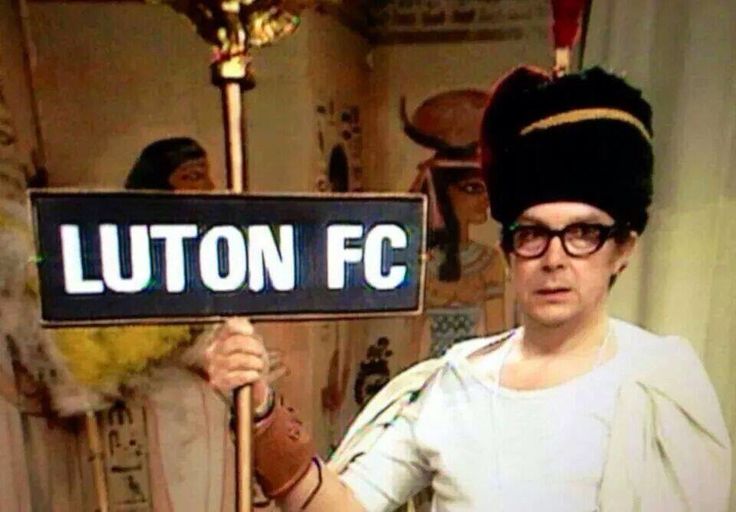What Might Have Been
Jimmy Greaves met up with comedian Eric Morecambe at a ‘Goal Diggers’ charity event. Eric asked Jimmy; ‘What would you have done if you hadn’t been a footballer and able to score goals?’
Jimmy replied; ‘I had a job lined up as a compositor at The Times.
‘What about you Eric? What would you and Ernie have been if you weren’t funny?’
‘Mike and Bernie Winters’. Came the reply.
Skilly Williams
Current Watford goalkeeper Huerelho Gomes is following in the footsteps of some top-class netminders including the legendary Pat Jennings.
But you need to go way back before big Pat to find the first great Watford shotstopper; Reginald George ‘Skilly’ Williams who was in goal for the Hornets on either side of World War One.
‘Skilly’ (he’s the keeper in the team pic above) started out playing for Leavesden Mental Hospital (he wasn’t a patient, but ‘Jack the Ripper’ suspect Aaron Kosminski was) before joining Watford as an amateur in 1910.
His amateur career had been mostly as a striker but upon his switch to Watford he found his true calling, as a goalkeeper.
Despite interruptions caused by his fighting with distinction in the war, Skilly made almost 350 appearances for the Hornets in a 15-year span before leaving on a free transfer for Brighton & Hove Albion in 1926
In a 1916 match with West Ham United at Upton Park, Skilly grabbed the referee and marched him over to talk with the linesman following the ref’s decision to send off Austin of West Ham. After the discussion, the decision was reversed.
Skilly passed away in 1959 aged 69.
Return to Sender
When striker Ted MacDougall was at Bournemouth he received a letter from a young fan requesting an autograph and duly obliged. When he left the south-coast club to join Manchester United the young fan duly sent the signature back.
Could Have Been There
In March 1938 Germany annexed Austria in the ‘Anschluss’. The Germans then informed FIFA that Austria, who had qualified for the World Cup in France later that year, would not be playing in the tournament as the country ‘no longer existed’.
FIFA after refusing to invite Latvia, runners-up in Austria’s group, extended an invitation to the English FA to take part. England, who had hammered the Germans 6-3 in the notorious ‘Nazi Salute’ match in Berlin in May, declined the invitation and Sweden, who were drawn to play the Austrians in the first round, were given a bye to round two.
Change Your Kit – Change Your Luck
When England played Scotland at Hampden Park in April 1939 torrential rain made conditions very difficult. It also soaked through the English kit.
Coming off at half-time the players requested a change of shirts to replace those worn in the first period which had become extremely heavy. But England had failed to bring any replacements.
After some rushing around, it was agreed that the English would be allowed to play the second period in the shirts of Queen’s Park, the local team.
In the second period England recovered from being a goal down at the break to win the game 2-1 with goals from Pat Beasley (his only goal in his only game for his country) and Tommy Lawton.
Call the Match off? No Chance
In April 1934 the England team to play Scotland at Wembley in the Home International Championship on 14 April was announced and included were three players, Frank Moss, Eddie Hapgood and Cliff Bastin, from Arsenal.
Following the announcement of the team Arsenal sent a telegram to the Football League asking that the management committee consider postponing their match against Liverpool which was due to take place on the same day.
On hearing of Arsenal’s telegram Liverpool assistant secretary Jack Rouse said; “Never in the history of English football has it been necessary to postpone a league match for such a reason”.
The Football League Management Committee said ‘no’ to the request, so Arsenal travelled to Anfield with a weakened squad, won the match 3-2 and went on to win the title. England also won the game against Scotland 3-0 with Bastin among the scorers.






